The two lives of Harry Belafonte, 1927 – 2023
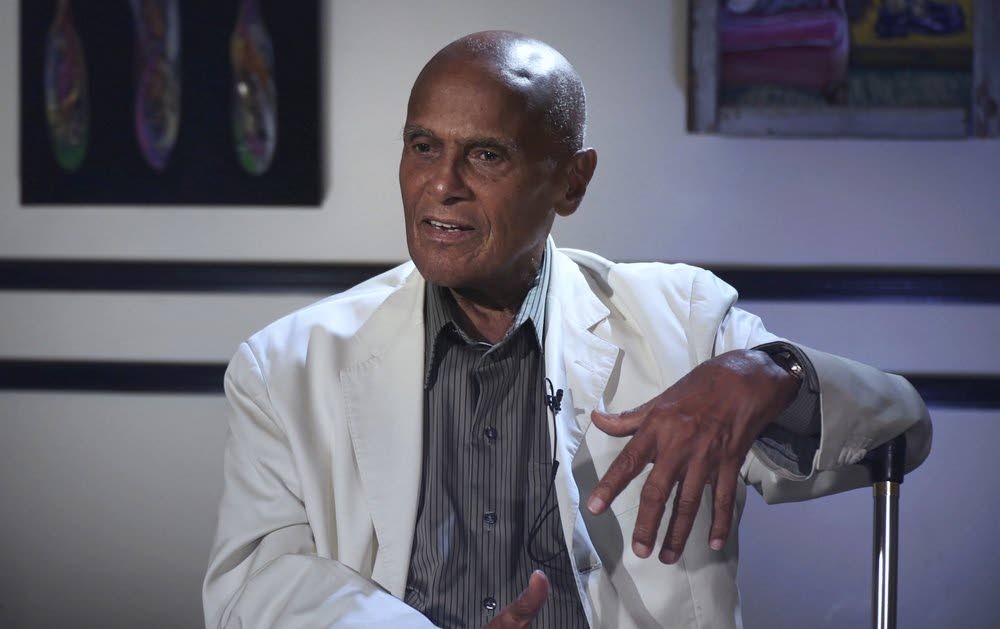
NIGEL A CAMPBELL
Legendary Jamaica-American entertainer and social activist Harry Belafonte, (born Harold George Bellanfanti, Jr. to Jamaican parents in New York) died at age 96 on April 25 leaving behind a legacy of notable accolades in humanitarian activism in America, and a parallel high-profile career as actor and singer that places him in the pantheon of iconic figures in both the arts and politics in the Americas. Multi-racial, multi-cultural, multi-careered, Belafonte was inspirational and continues the legacy of Caribbean-American excellence worthy of investigation, and often-times, duplication.
Newspapers around the world have published obituaries that herald a prolific recording career, and a life of activism for the civil rights of black Americans in the 1960s, along with his continued human rights activism into the 1980s in creating an American response to Bob Geldolf’s Band Aid music-based fund-raising initiatives in aid of Ethiopian famine relief, USA for Africa and the single, We Are The World. Here in Trinidad and Tobago, however, Belafonte’s impact is measured by some citizen’s recognition that opportunities to spread the impact of Trinidadian native culture on a world stage was stymied by either professional indifference or elicited delayed praise after the well had run dry. The fairness of these criticisms become irrelevant as one adds up what he did do for the cultural and public life of Americans, and by extension Caribbean people.
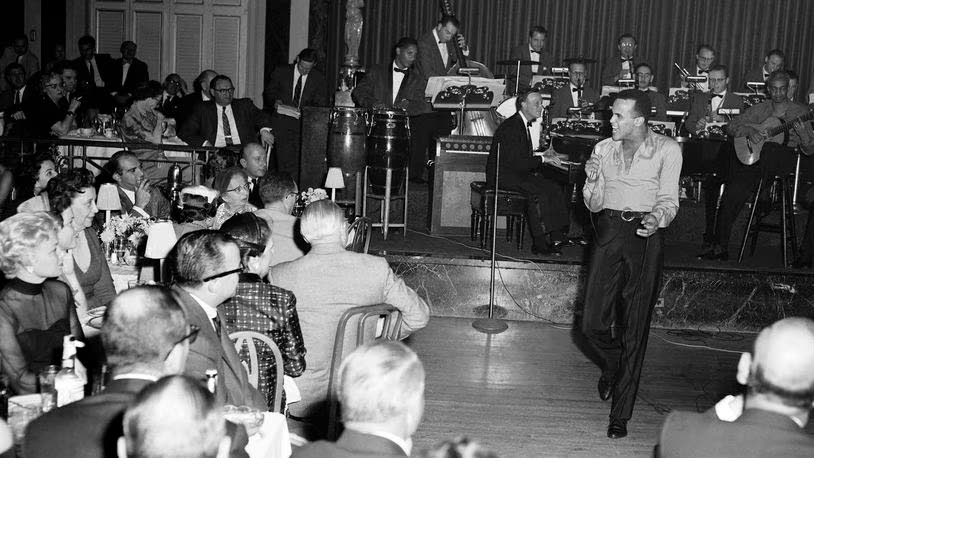
Like many West Indian folk before him, Belafonte carried on the bold activism that defined the civil rights movement before his time — what author Winston James called Caribbean radicalism in the early 20th-century America. Marcus Garvey, Hubert Harrison, Cyril Briggs, Claude McKay, Claudia Jones, CLR James, preceded Belafonte, with Malcolm X, Kwame Ture (Stokely Carmichael), Louis Farrakhan (like Belafonte, a calypso singer-cum-activist) being Caribbean contemporaries in civil rights leadership moving forward.
His activism, borne on the fame garnered as a ground-breaking actor and singer that placed him in the consciousness of many more Americans than the average activist, included pivotal and creative fund-raising for the efforts of his friend and mentor, Dr Martin Luther King Jr and his movement in the 1960s. His influence and cachet was wide, beyond borders even, as he could count on European fellow artists to be magnet for money in charitable events. But, on reflection, one discerns a rift between his style of supportive activism and his contemporaries more in-your-face rattling of sabres.
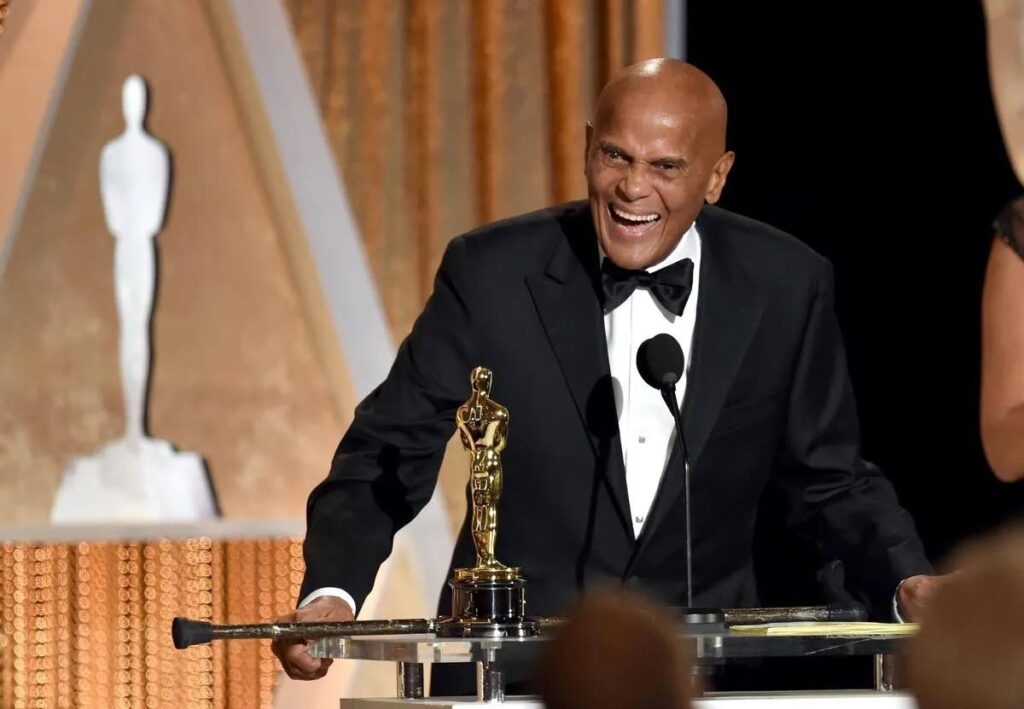
Belafonte’s alignment of King’s non-violence approach to civil rights for the “Negro in America,” differed from Carmichael’s at the time. Belafonte reflected in his 2011 memoir My Song on his relationship with Carmichael, inferring that island insularity was a block to effective activism at that time: “Our backgrounds heightened the tension between us. Stokely was Trinidadian, and there was always this competitive thing between Trinidadians and other West Indians. You could take us out of the islands, but you couldn’t quite take the island out of us.”
He was correct that, “you couldn’t take the island out of us.” Jamaican tongue have no respect for rank. Future US Secretary of State, Colin Powell (Jamaican-American like Belafonte) and National Security Advisor Condoleeza Rice later came into the cross-hairs of Belafonte’s targeted criticism of their obsequiousness in defiance to a Caribbean upbringing that posited a rebellious spirit and high aspirations: “He serves his master well...Colin Powell is committed to come into the house of the master...I’d like to see both [Powell] and Condoleeza Rice show some moral backbone.” Right is right, wrong is wrong, the results are what matters. Social responsibility for any high achieving black Americans was an expectation that grew more engaged with age.
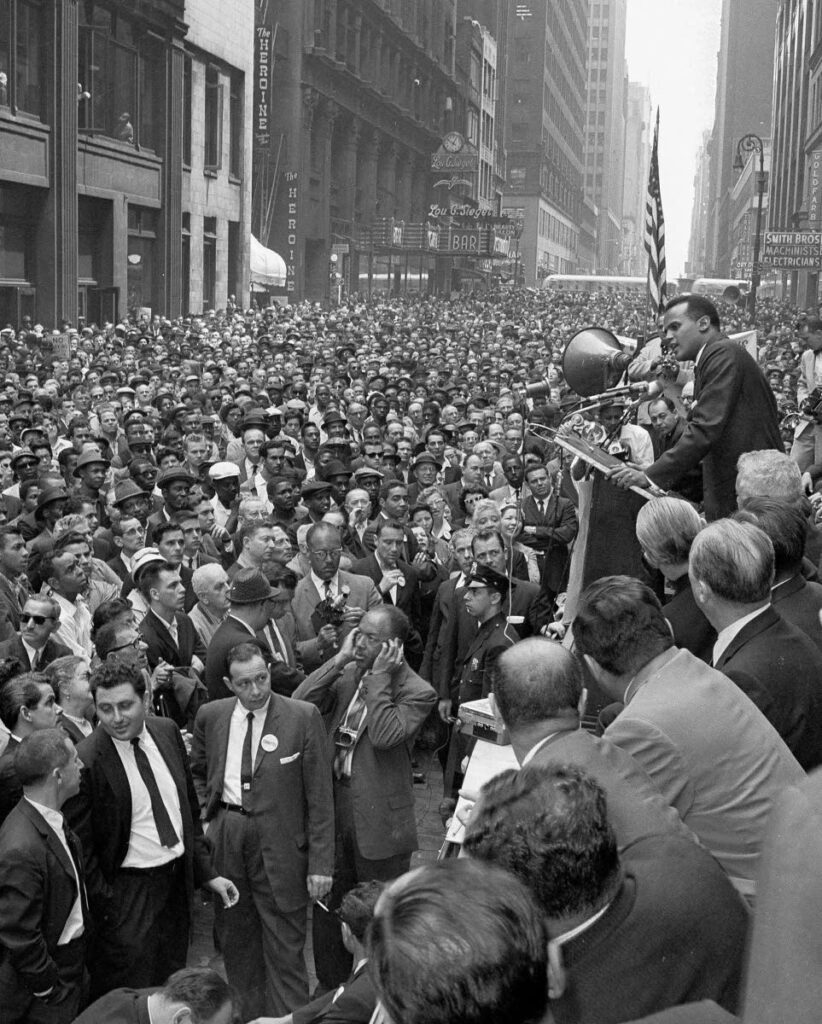
Belafonte’s Caribbean-ness was evident. He was raised as a child back in his grandmother’s home in Jamaica, before returning to the States. Aspiration and community were primary forces in his connection with the world. That “groundation” would affect his dual careers in the arts and activism. His America saw no boundaries. He went beyond. For many in the Caribbean, past the human rights activism that positively affected America and Africa, and his entrés into the business and social milieu of Europe to assist in support, his greatest contribution to lives here in these islands is the positioning and spreading of the region’s music by recording and performance that lingers even today, when the phrase “Day-O” can easily signal the sung response, “daylight come, and me wan’ go home.”
He sang folk songs and developed a repertoire that channelled an international oeuvre, but his greatest claim was making the Caribbean and its music relevant in the world of global entertainment with his album Calypso, released in 1956. The album became a landmark recording; first LP ever to sell a million copies, and longest chart-topping album by a black American in the US, before Michael Jackson’s Thriller upended that achievement in 1984.
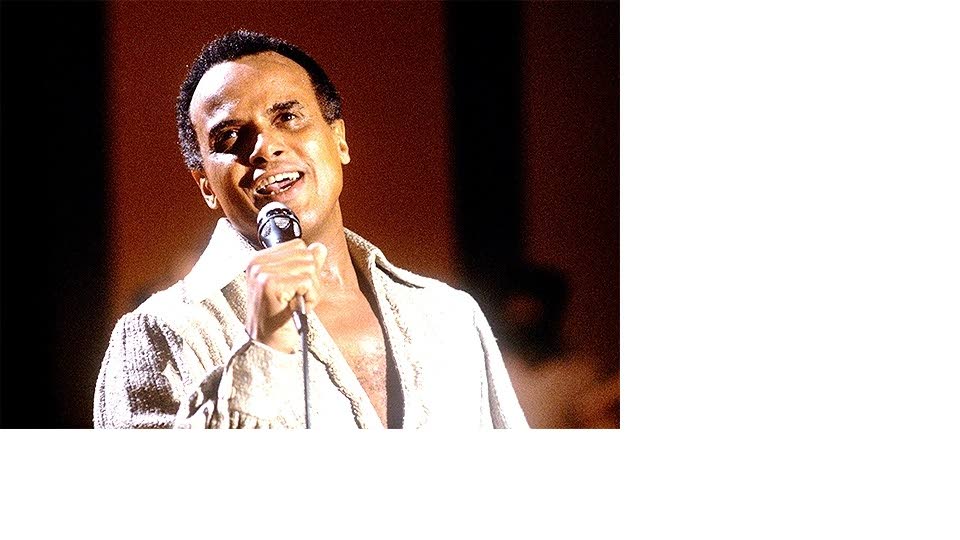
That album had a direct impact on the music and the careers of calypsonians and musicians from Trinidad. He would later go on to record three more “calypso” albums, Jump Up Calypso (1961), Calypso in Brass (1966), and Calypso Carnival (1971), along with the album, Belafonte Sings of the Caribbean, which featured the hit song, Island in the Sun, from the 1957 film of the same name in which he starred. These recording would create a conversation that persisted even after his death on Tuesday on whether Belafonte did enough to open the door in the American music market for calypsonians, on whether he ripped off calypsonians, on whether he cared enough about his Caribbean heritage.
It would be foolish to suggest that Belafonte “did nothing for calypso.” In the latter half of 1956 into early 1957, the music scene in the US was dominated by calypso. Clubs were retrofitting from lounge and jazz aesthetics towards calypso chic. The craze was dominant. His album won the battle for supremacy in sales over Elvis Presley’s early rock ‘n’ roll beginnings. But the “fad from Trinidad,” unfortunately had a shelf-life of less than a year, and opportunities for calypsonians here or in the diaspora of New York to catch a rising star closed, seemingly forever, with no apparent help to keep the door open by Belafonte. He would make a global star of Miriam Makeba, but none such for any calypsonian. He did create a musician and songwriting career for percussionists Ralph MacDonald and Michael ‘Toby’ Tobas.
Accusations of appropriation, and exploiting calypsonians such as Lord Melody and King Radio in the 1950s, were countered in interviews recollected in his 2011 autobiography, and in the 2004 documentary, Calypso Dreams, by Geoffrey Dunne & Michael Horne. Had too much time passed to heal wounds? Maybe, but contrition was in the form of elegant narratives that has resonance today, first offered as a deft retort to claims of stealing the title King of Calypso during a press conference in Trinidad in 1957 supporting the Island in the Sun film: “First of all, let me say that I have never personally laid claim to be King of Calypso. That was a decision of those I work for [at the record label, RCA]. But even if I could be the true King of Calypso, I wouldn’t want to be, because although I admire how clever and how interesting calypsonians can be in the songs they write and sing, I also find that most of those lyrics are not in the best interests of black people, because these songs are always filled with the need to make Europeans laugh at us. They glorify and dig deep into promiscuity, they go into genitalia… I’d rather sing to the honour and glory of the region, and the beauty and dignity of women.”
He further responds to appropriation accusations in the filmed documentary: “Those who possess the calypsonian art are men of remarkable gifts and there is a speciality to it that I am not privileged to embrace...What I did do was to use the environment of Caribbean lore to put us on the map at another level that I thought was instructive and creative for us, and in that service, if I have offended you, then I beg your forgiveness.”
Belafonte further related that, “[Lord] Melody was one of the big elusive people in my life, and I admired him. In the way in which he wrote things, and the style in which he wrote, it was very very influential.” Further, Melody adds that, “I met him on the street, and I said to him, ‘Hi Belafonte,’ and he stood up. First time that man ever see me. He say, ‘who are you?’ I say, ‘Melody.’ He say, ‘
THE Lord Melody?’ I say, ‘yes.’ He say, ‘come with me,’ and from that time to about six years ago [in the 1980s] we was totally married.”
His relationship with Trinidad and its music, and by extension Jamaican mento and other Caribbean folk songs has an impact that lasts beyond his recent passing. The acknowledged practice of tweaking calypsos and regional folk melodies and copyrighting them in the US goes back before Belafonte to Lionel Belasco, a deficiency in our IP laws yet to be fixed. King Radio (Man Smart, Woman Smarter; Matilda), Melody (Mama Look a Boo Boo) and Lord Kitchener (Jump in the Line) would all get proper accreditation on subsequent Belafonte recordings. His contrition was made whole. His legacy is secure as a conduit for the expansion of calypso and Caribbean music globally. Art and activism were well served by Harry Belafonte. How modern Caribbean people move forward with that at his passing is to be seen.

Comments
"The two lives of Harry Belafonte, 1927 – 2023"